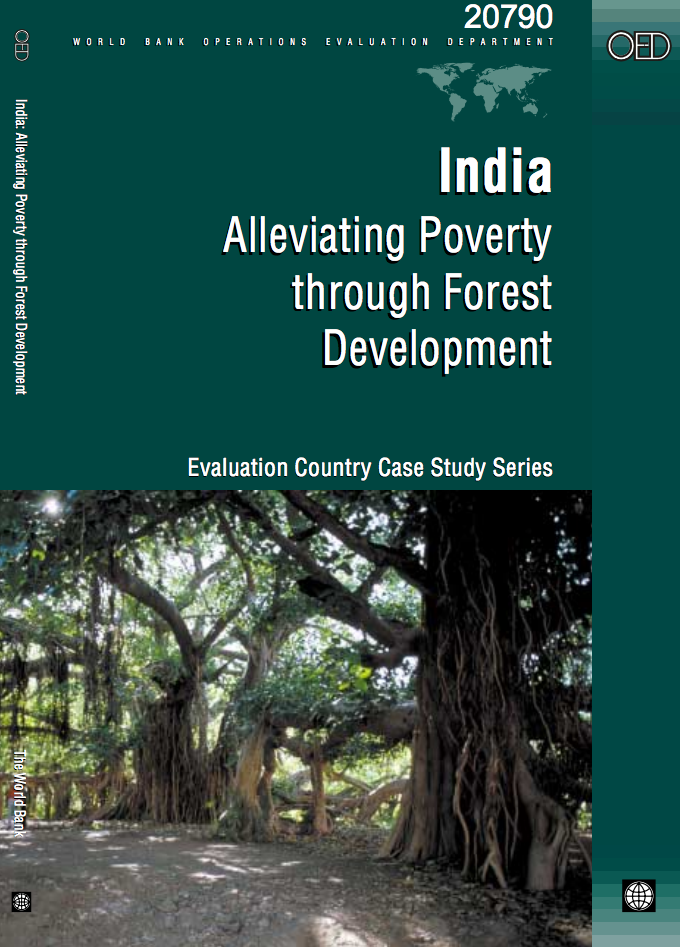Tanzania : Women in the Mining Sector
The Government of Tanzania has, in
recent years, focused on revitalizing its mining sector in
order to attract foreign investment, with the goal of
raising its contribution to Tanzania's Gross Domestic
Product. With the support from the World Bank through the
Mineral Sector Development Project (MSDP), the legal and
fiscal regimes were revised and an environmental framework
was put in place. As the growth of the small scale mining


